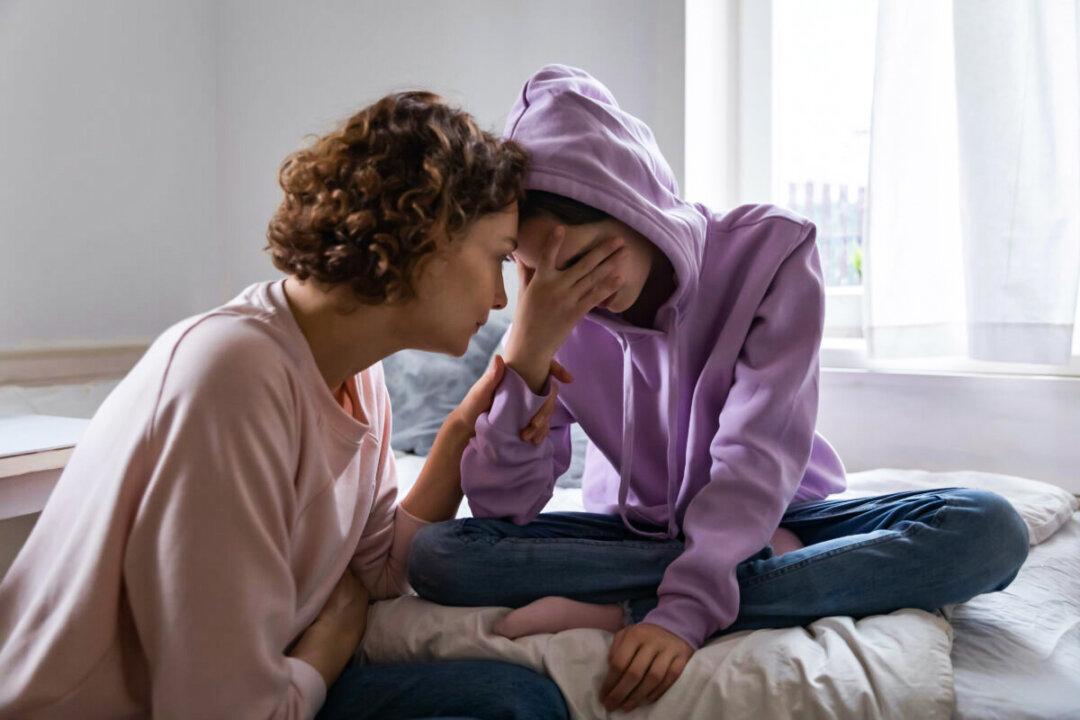Doctors have handed out over one million antidepressant prescriptions to teenagers in just 12 months—a new record high.
According to the latest NHS data, the number of children aged 13 to 19 using antidepressants rose by 6,000 in 2022, to 173,000.

Doctors have handed out over one million antidepressant prescriptions to teenagers in just 12 months—a new record high.
According to the latest NHS data, the number of children aged 13 to 19 using antidepressants rose by 6,000 in 2022, to 173,000.